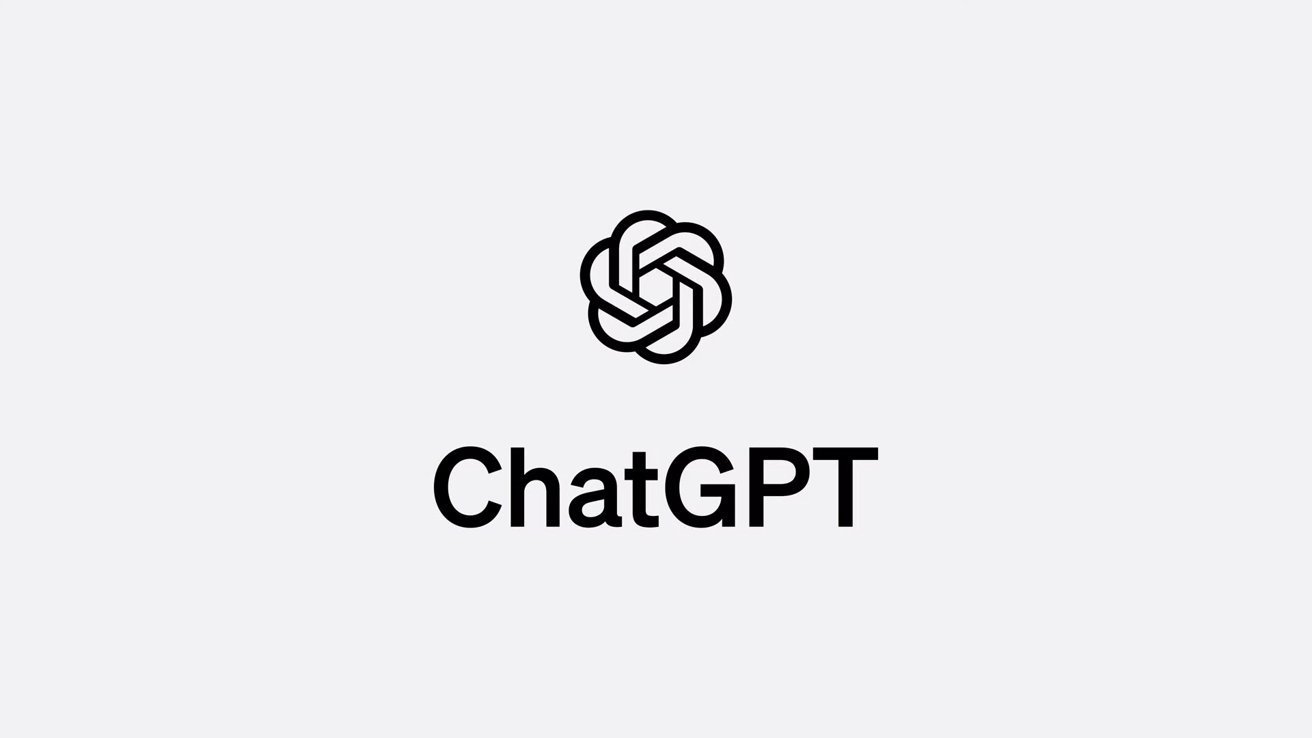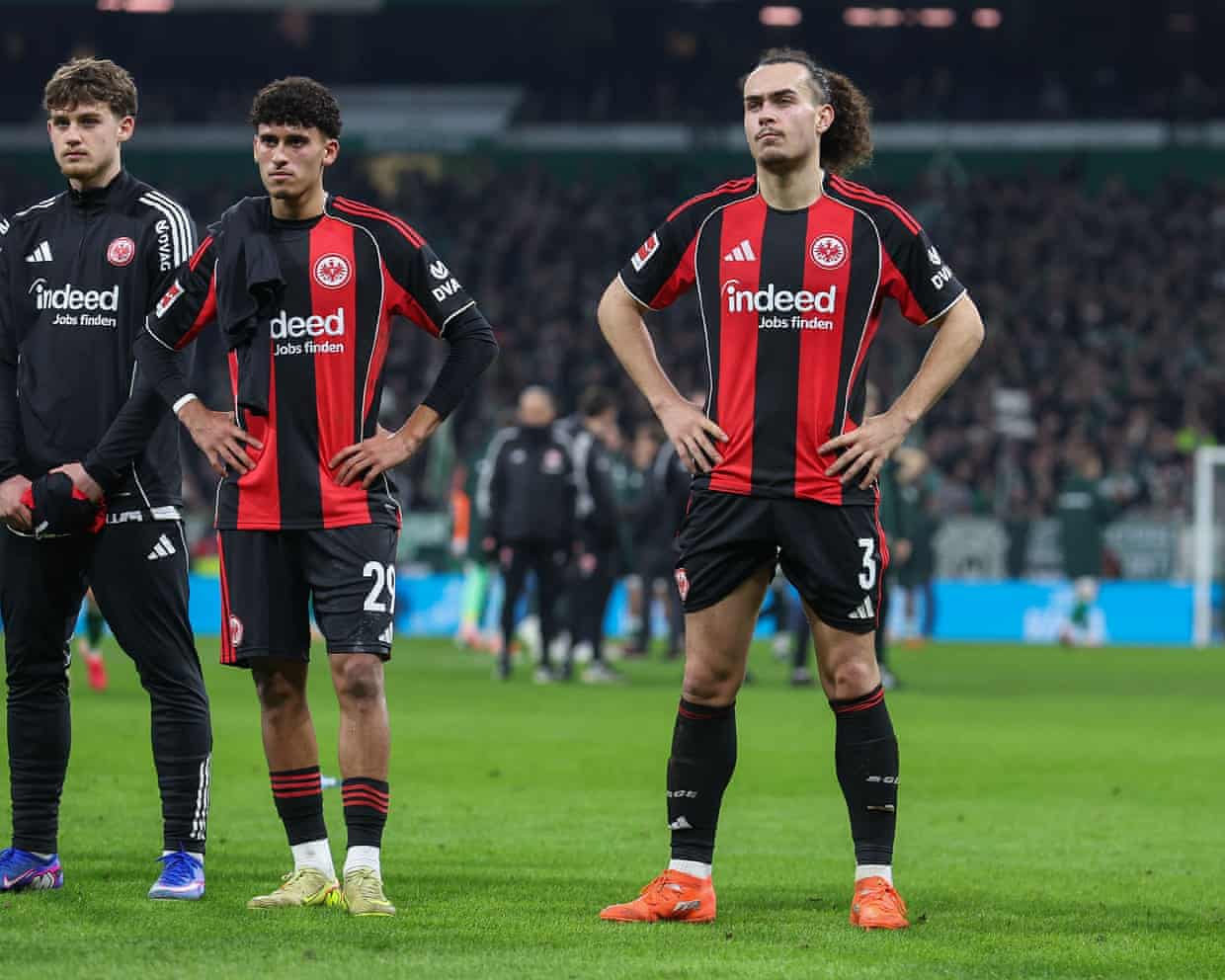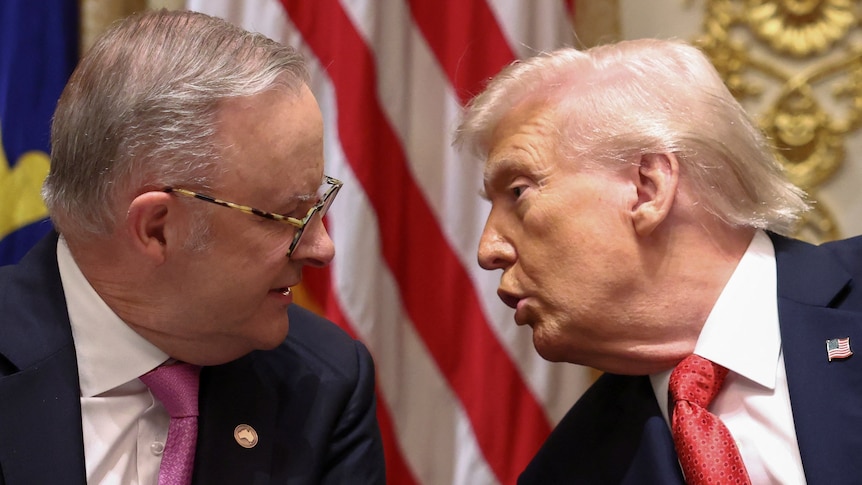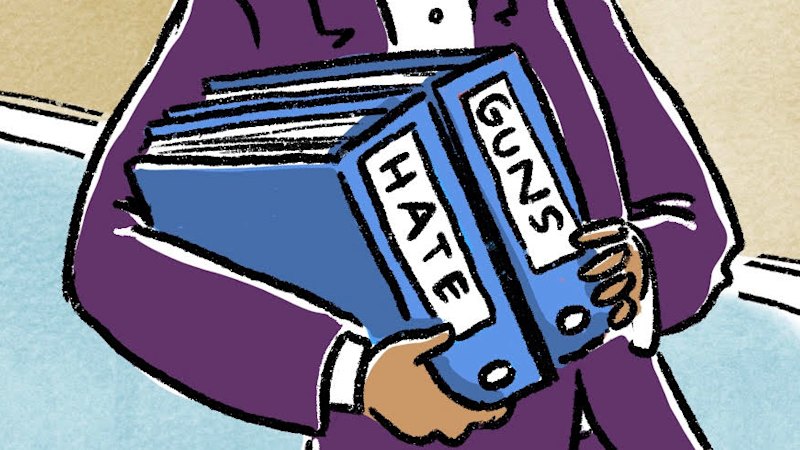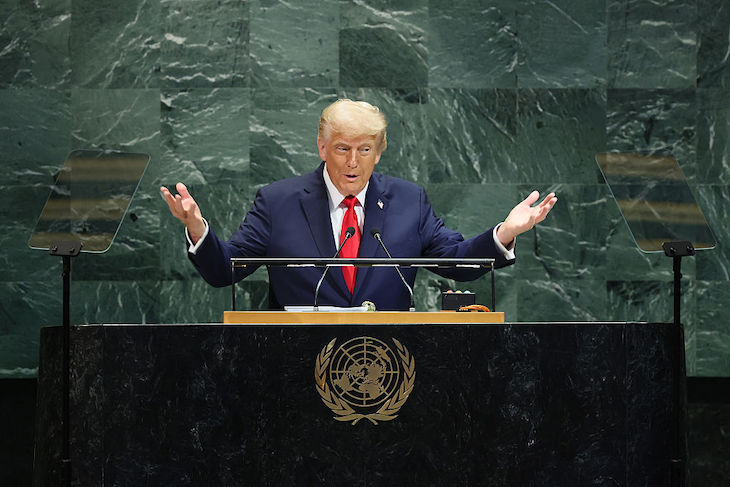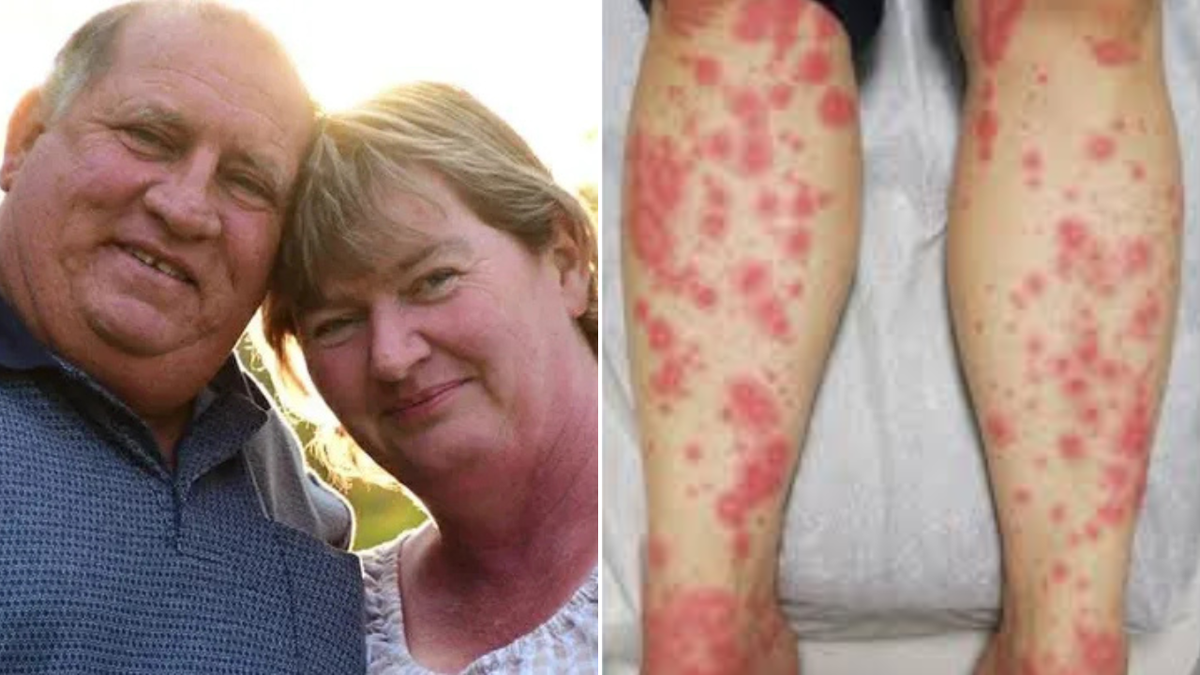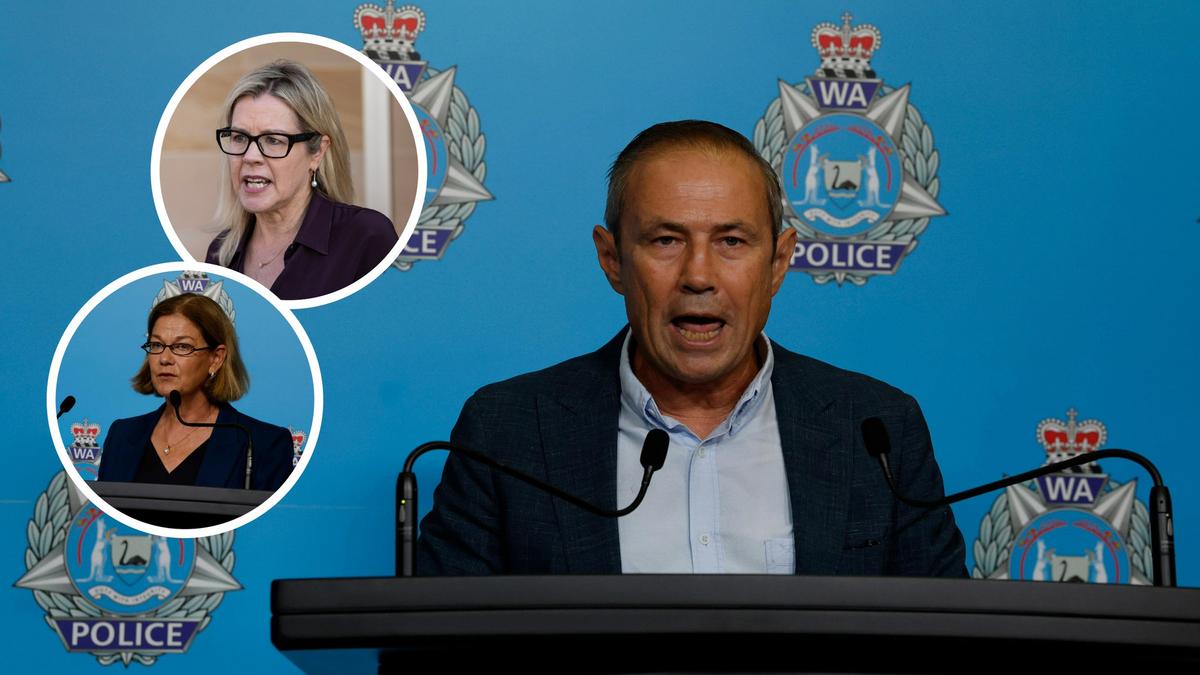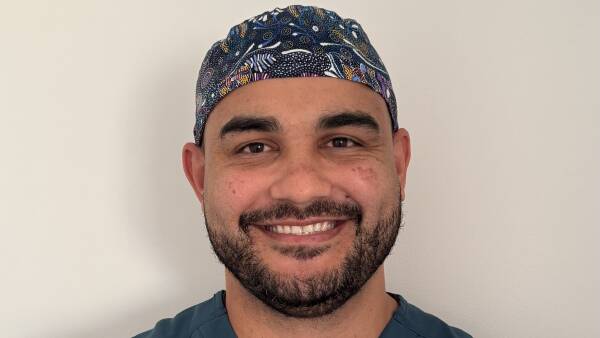
When Kieran Cubby turned 25, he recognized a desire to pursue a career that would make a meaningful impact. As a proud Wiradjuri Murrawarri man from Dubbo, he faced challenges during his education and briefly entertained a dream of playing in the National Rugby League (NRL) that did not materialize. Now, at the age of 32, Dr. Cubby serves as a resident medical officer at John Hunter Hospital, having completed a Bachelor of Medical Science and Doctor of Medicine through the University of Newcastle‘s Commonwealth Supported Places initiative.
Dr. Cubby highlighted the significant underrepresentation of Indigenous people in fields such as teaching, law, and medicine. He stated, “There are three areas where Indigenous people are underrepresented that I know of and that’s teaching, law and medicine.” With few Indigenous doctors available across Australia, this reality motivated him to enter the medical profession, where he discovered a passion for orthopaedics.
Reflecting on the state of Aboriginal health, Dr. Cubby explained, “It was something that was really a big driving force for me especially with the Aboriginal health statistics as they are. I thought I could have a lot of impact in the area.” He considered other paths, including teaching and law, but ultimately felt a stronger connection to healthcare. “Helping Aboriginal people in the health space was something I found passion for,” he noted.
Connecting Through Shared Experiences
Dr. Cubby emphasized the importance of cultural awareness and relatability in healthcare. “Someone like myself, who comes from not only my Aboriginal background but a low socio-economic background, I can relate to a certain amount of our patients where I feel like maybe some other health professionals can’t,” he explained. This connection allows him to form deeper relationships with patients, fostering empathy and understanding that can enhance care.
His aspirations align with this year’s NAIDOC theme, “The Next Generation: Strength, Vision, Legacy.” Dr. Cubby hopes that sharing his journey will inspire other Indigenous individuals to consider careers in medicine. “In some small part, I hope my story potentially might help inspire others that are thinking about a career in medicine, but like myself weren’t sort of thinking that it was for people like myself growing up,” he remarked. He reassured aspiring medical students that it is indeed attainable, particularly with the support provided by the University of Newcastle.
Looking ahead, Dr. Cubby aims to complete a Master of Traumatology program, further enhancing his skills and impact within the healthcare community.
University Commitment to Indigenous Representation
The University of Newcastle is recognized for its efforts in supporting Aboriginal and Torres Strait Islander students. Vice Chancellor Professor Alex Zelinsky expressed pride in the institution’s commitment to inclusivity. “Being recognised as the sector leader of Indigenous student enrolments, with more than five percent of our students identifying as Aboriginal or Torres Strait Islander, is something we’re very proud of,” he said.
Dr. Cubby’s story stands as a testament to the potential for change within the healthcare system, serving as an inspiration for the next generation of Indigenous medical professionals. His journey illustrates the critical need for diversity in healthcare, particularly in addressing the unique challenges faced by Aboriginal communities in Australia.
